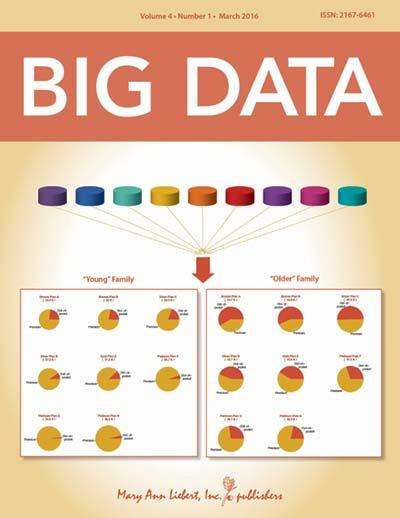Simulation tool uses FinTech quant techniques and big data to guide best health insurance plan

Using technologies originally developed to evaluate complex investments and portfolios, a new data-driven simulator is being developed to help individuals and families evaluate health plans and select the health insurance policies most likely to meet their projected needs, with realistic cost estimates under a wide range of potential healthcare outcomes. The simulator's ability to predict usage and costs for a variety of health services—both typical and unexpected—and to be tailored to specific attributes of families, physicians, or other factors, is highlighted in an article in Big Data.
Roger M. Stein reports on an ongoing project to develop the simulator in "Real Decision Support for Health Insurance Policy Selection." The simulator draws on buyer-specific information and bespoke databases compiled from diverse sources, combining publicly available and commercial data. Dr. Stein also presents sample of insurance plan analysis for prototypical younger and older families using real-world policies. Results for the two sample families suggest quite different insurance needs and costs, implying different policy choices. Importantly, these differences would not have been obvious to many consumers by looking at plan attributes alone.
Dr. Stein has previously applied financial technology to health issues, outlined in his TED talk, "A Bold New Way to Fund Drug Research."
"This paper addresses a fundamental issue: which insurance plans are best for us—a problem we struggle with every year," says Big Data Editor-in-Chief Vasant Dhar, Professor at the Stern School of Business and the Center for Data Science at New York University. "Stein's paper combines 'open data' with a simulation tool that applies techniques typically seen in complex financial modeling, and produces remarkably easy to understand and transparent output on which people can base their decisions with more confidence. It's a very novel and elegant solution."
More information: Roger M. Stein, Real Decision Support for Health Insurance Policy Selection, Big Data (2016). DOI: 10.1089/big.2016.0012
Provided by Mary Ann Liebert, Inc



















